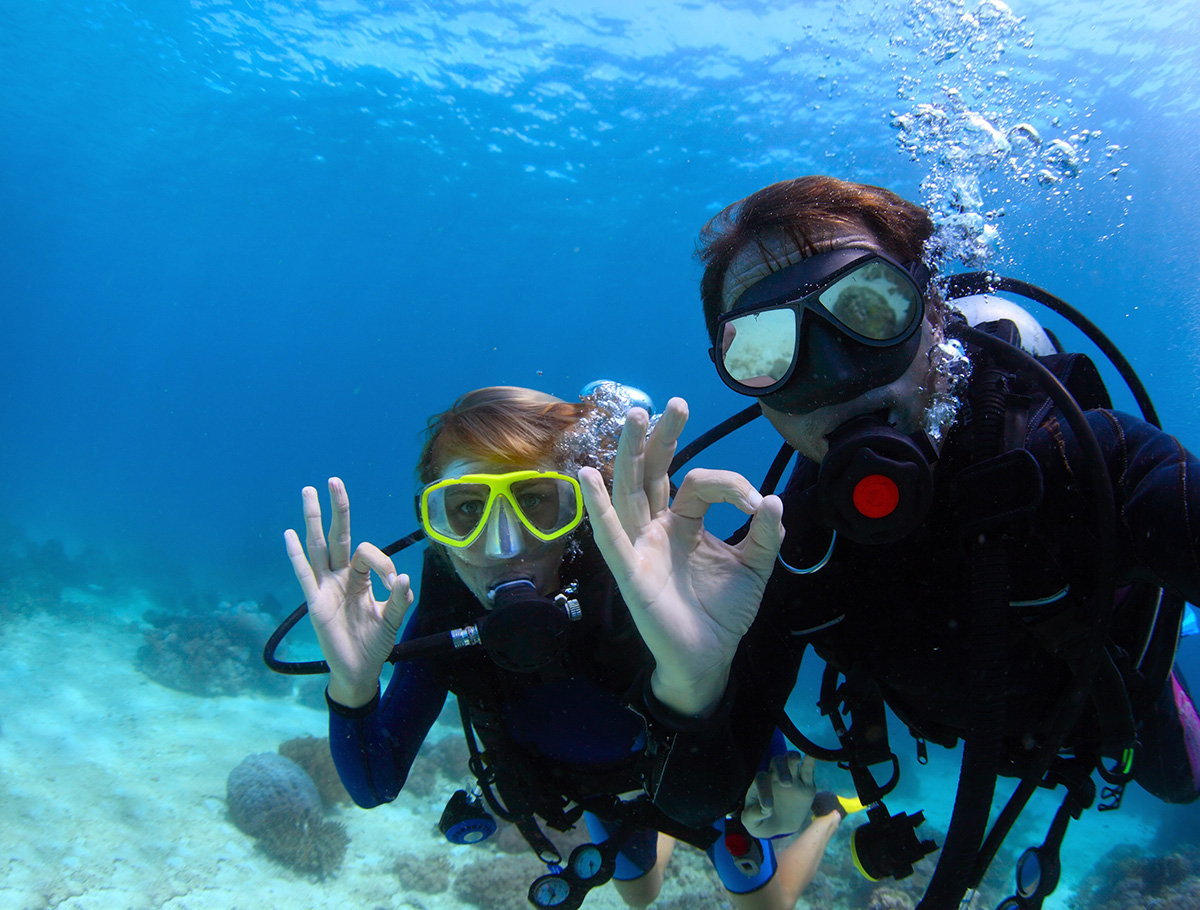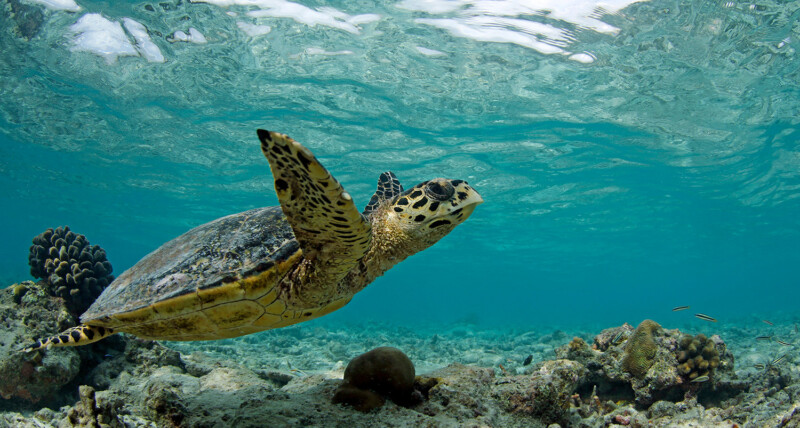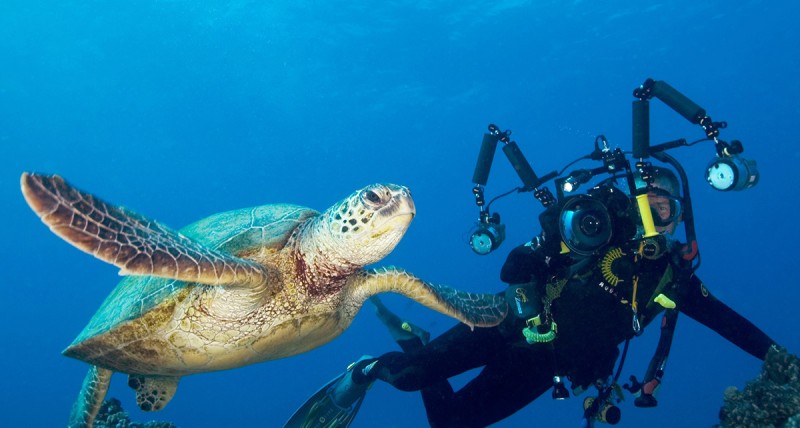As a professional scuba instructor, I’m often asked, “Is scuba diving safe?” It’s a fair question—and an important one. Scuba diving introduces people to a unique and beautiful underwater world, but like any adventure sport, it comes with risks. The truth is: scuba diving is very safe when done correctly. The key is proper training, responsible behavior, and respect for the environment and your own limits.
Let’s take a serious, thoughtful look at the safety of scuba diving and how we manage potential risks through education, preparation, and experience.
Understanding the Real Risks of Scuba Diving
There’s no sugarcoating the fact that scuba diving is an activity that occurs in a potentially hazardous environment. The ocean is powerful, and breathing underwater requires equipment and know-how. The most commonly discussed risks include:
Barotrauma (ear and sinus injuries) due to pressure changes.
Decompression sickness (“the bends”) from ascending too quickly.
Nitrogen narcosis at deeper depths.
Running out of air due to poor air management.
Equipment failure (though rare with proper maintenance).
Environmental hazards like currents, sharp corals, or marine life interactions.
These may sound intimidating, but the good news is this: all of these risks are manageable, predictable, and preventable with proper training and smart diving habits.
How Scuba Training Reduces Risk
Scuba diving is a self-regulated activity, and that’s a powerful thing. When you learn to dive, you’re not just learning how to use gear—you’re learning how to make decisions underwater, how to plan your dives safely, and how to respond calmly if something doesn’t go as expected.
Here’s how professional scuba training keeps divers safe:
1. Rigorous Certification Standards
Programs like those from PADI provide standardized, step-by-step instruction. New divers are taught:
How to equalize pressure and avoid barotrauma.
How to plan dive times and monitor depth to avoid decompression issues.
Emergency skills like sharing air, controlled ascents, and equipment checks.
Environmental awareness and buoyancy control to protect both the diver and the reef.
Every dive instructor is trained to not just teach these skills, but also evaluate whether a student is ready to apply them safely in open water.
2. Controlled Practice Before Open Water
Before anyone takes a dive in the ocean, they practice skills in a confined water setting (like a pool or shallow beach). We simulate scenarios, teach problem-solving, and ensure each diver can handle basic equipment issues and emergencies.
3. Ongoing Education
Diving doesn’t stop with your first certification. Continuing education—such as the Advanced Open Water Diver, Rescue Diver, or specialty courses—helps you develop your skills, comfort, and awareness. Refresher courses (like PADI ReActivate) are also available if you’ve been out of the water for a while.
Equipment and Redundancy
Modern scuba gear is reliable and designed with safety in mind. Regulators fail in a way that still lets you breathe. Dive computers alert you to ascent speeds and no-decompression limits. BCDs (buoyancy control devices) help you control your depth and ascent.
The Role of the Dive Buddy System
You’re not alone underwater. Diving with a buddy or a guide creates a layer of mutual accountability and support. Divers are trained to communicate, check each other’s gear, and assist if anything goes wrong.
This simple practice dramatically improves safety—and builds strong friendships, too.
Fitness, Mindset, and Responsibility
One of the most overlooked factors in dive safety is the diver themself. Scuba diving is safe when divers act responsibly:
Dive within your training and physical limits.
Check your gear before every dive.
Don’t dive if you’re sick, fatigued, or under the influence.
Stay calm, think through challenges, and follow the dive plan.
Physical health matters, too. Divers should be reasonably fit and discuss any medical conditions with a dive professional or physician beforehand. Conditions like asthma, heart disease, or certain medications don’t always exclude you from diving—but they may require additional precautions.
So, Is Scuba Diving Safe?
Yes, scuba diving is safe—for those who take it seriously.
The risks are real, but they are well understood and managed through careful training, good habits, and sound judgment. Diving isn’t about thrill-seeking or pushing limits—it’s about slowing down, breathing mindfully, and exploring a world that most people will never see.
As a scuba instructor, I’ve seen lives transformed by diving. I’ve trained retirees, nervous first-timers, and adventure seekers. Each of them learned the skills, gained the confidence, and walked away safer and more aware—not just as divers, but as individuals.
If you’re considering scuba, don’t let fear hold you back. Let’s talk about your concerns, take it one step at a time, and get you safely into the water—where a whole new world is waiting.
If you’d like to learn more or schedule a private scuba lesson designed especially for adults, feel free to contact me through ScubaDives.com. Safety, professionalism, and personal attention are the heart of everything I teach.




